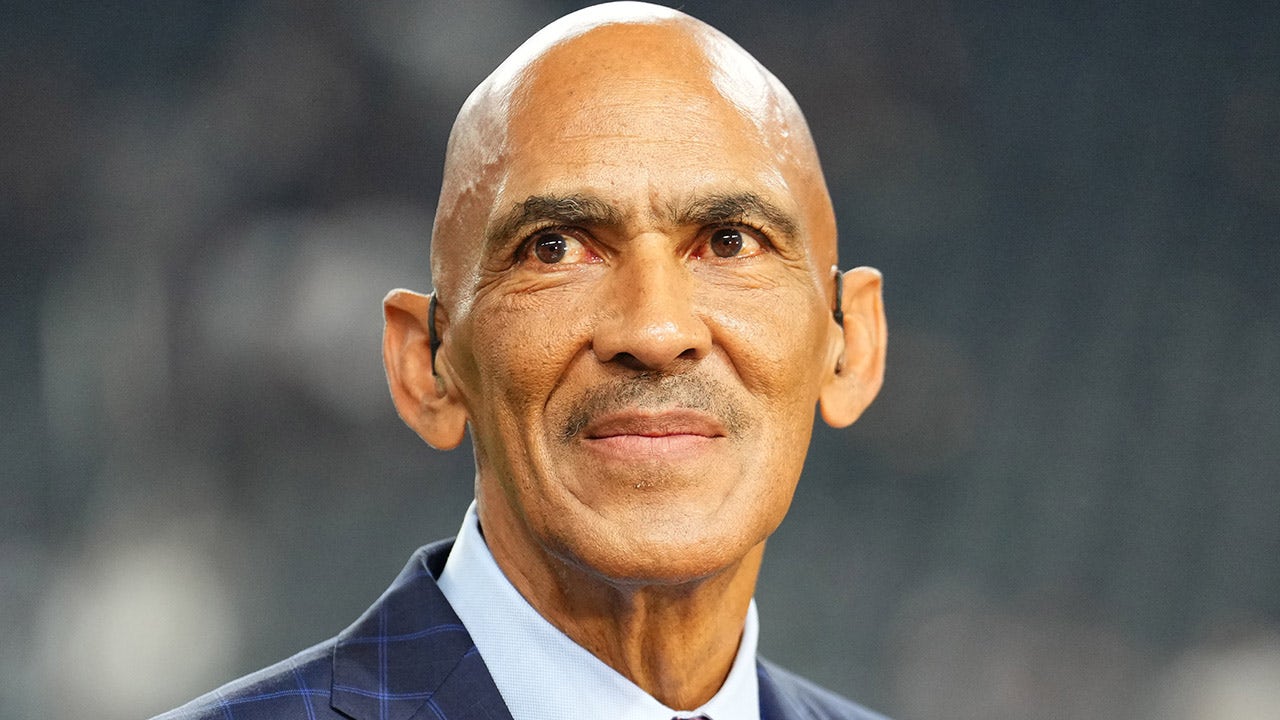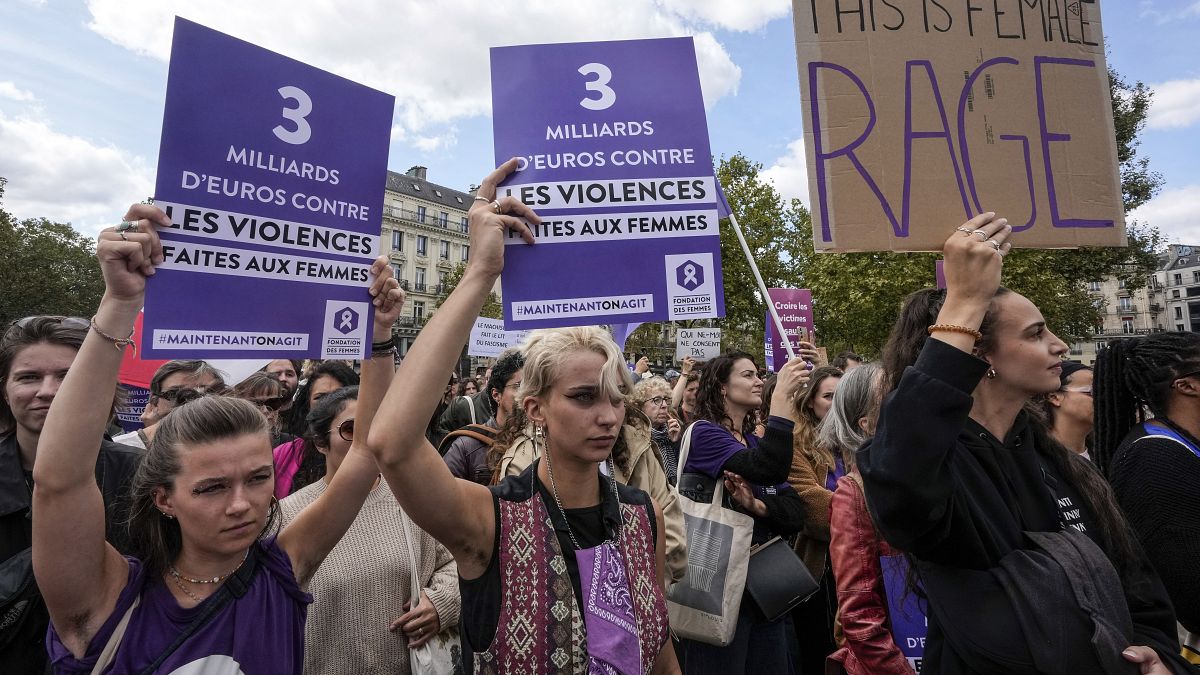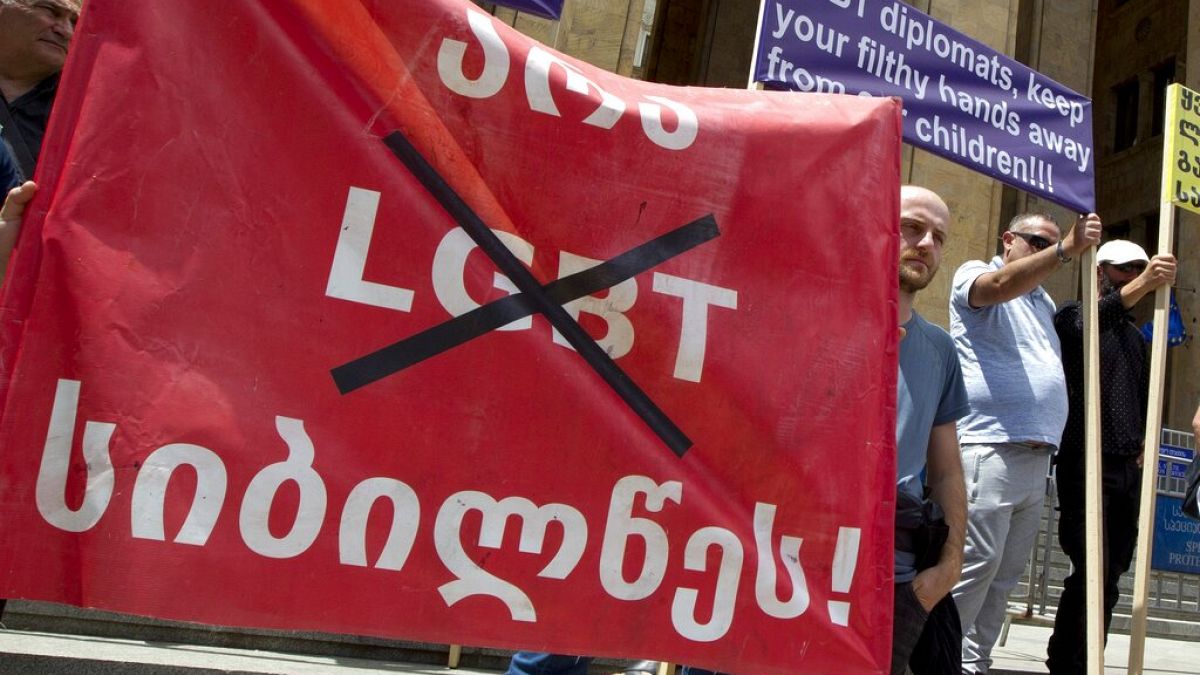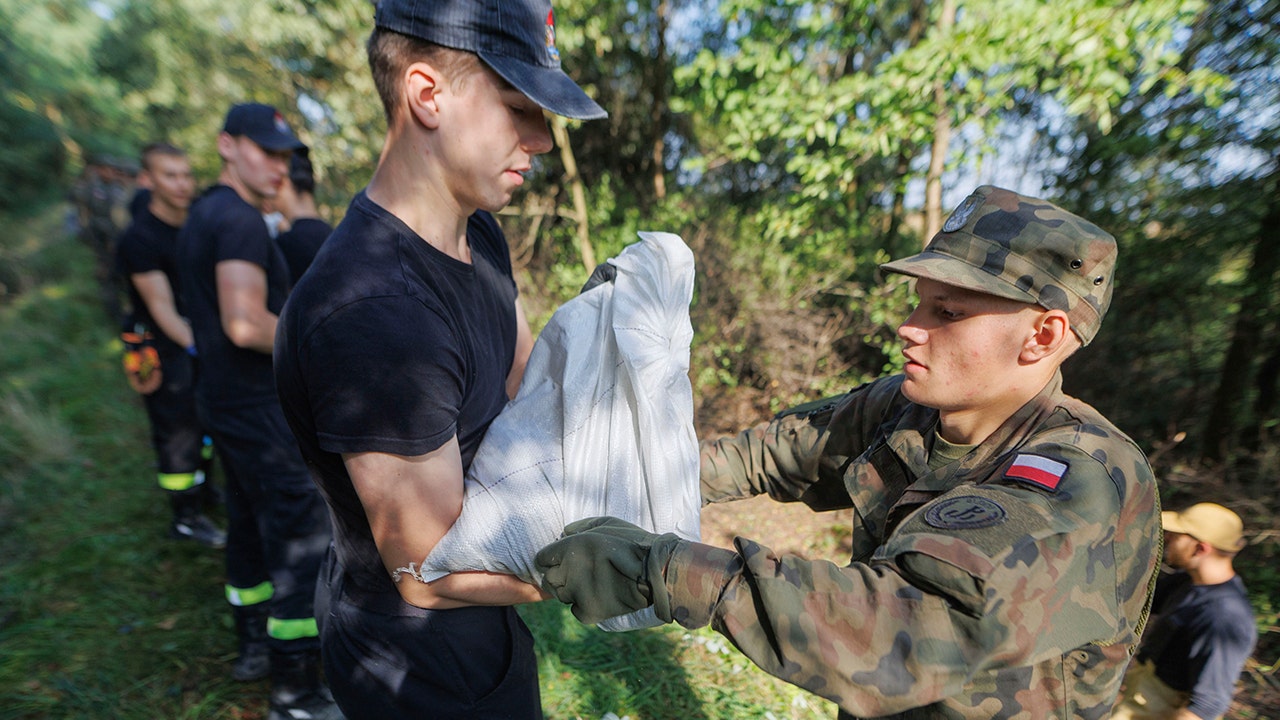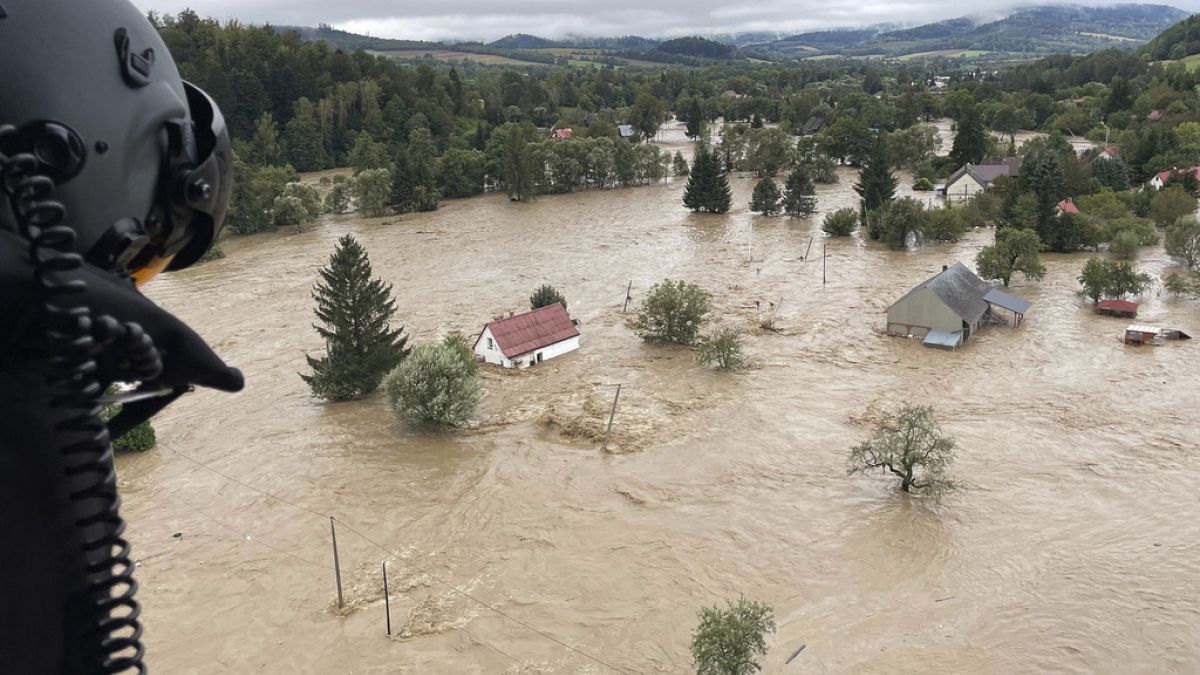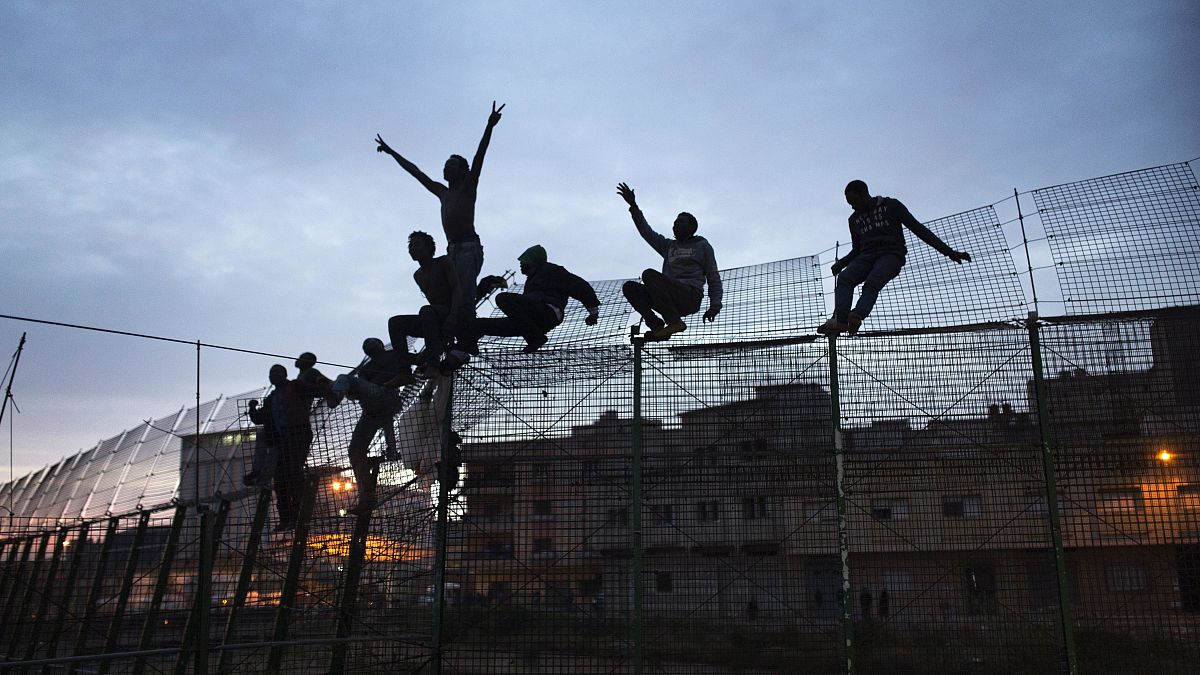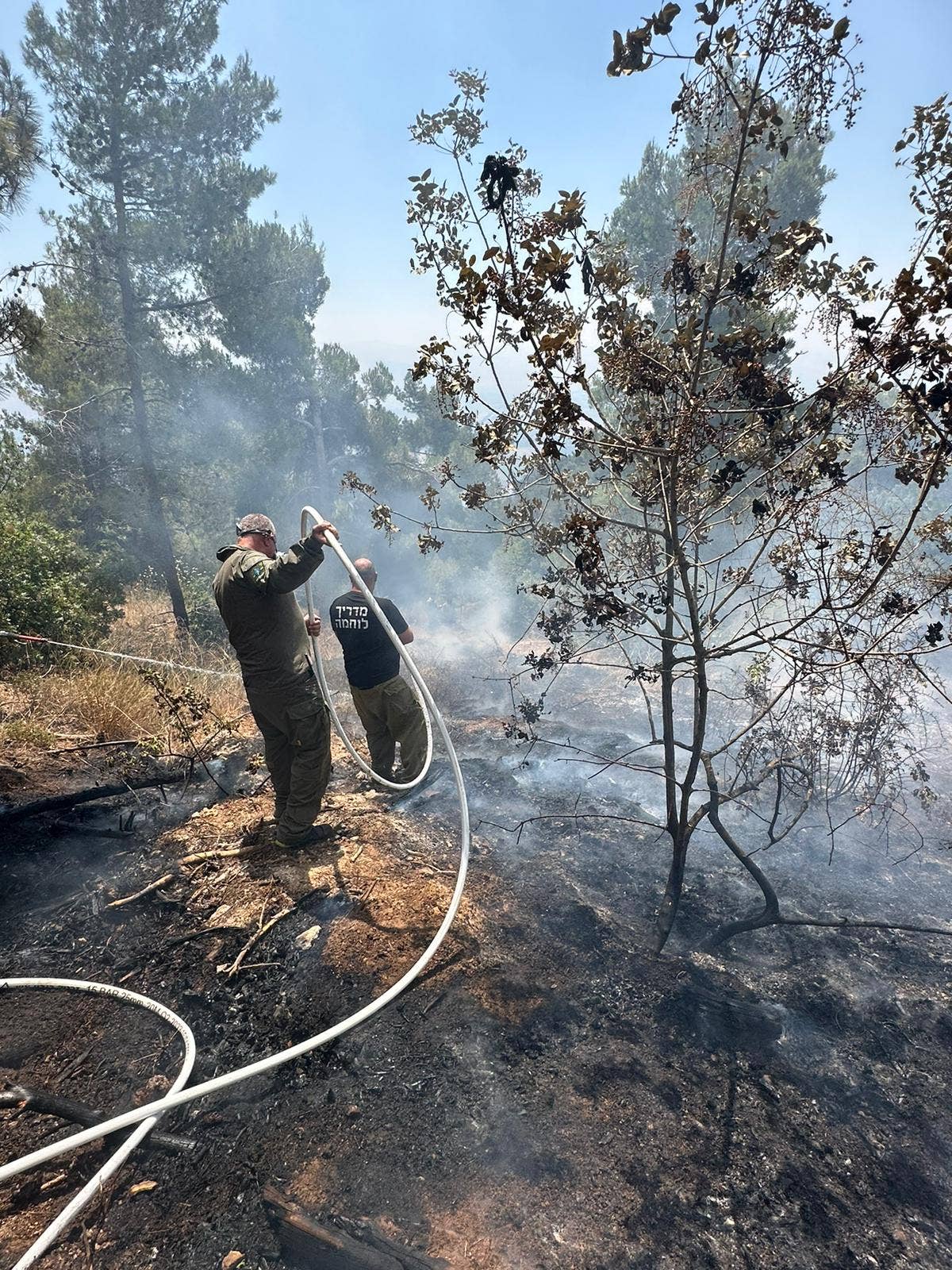Some protesters carried banners that hailed Pélicot for speaking out about her horrific ordeal at the hands of her now ex-husband and assured other victims of sexual violence that they are not alone.
Gisèle Pélicot, the woman allegedly drugged by her now ex-husband over the course of a decade so that she could be raped by dozens of men while unconscious, has become a symbol of France’s fight against sexual violence.
Around 700 people gathered at Place de la Republique in Paris in support for the 71-year-old and all rape victims in France.
Some carried banners that hailed Pélicot for speaking out about her horrific ordeal and assured other victims of sexual violence that they are not alone.
‘Victims, we believe you. Rapists, we see you,’ one banner said.
Since the beginning of the extraordinary trial on 2 September, during which Pélicot will face 51 of her alleged rapists, she has been praised for her courage and composure.
First, there was her decision to keep the trial public after the court initially suggested that it be held behind closed doors. She allowed journalists to publish her full name and the court to exhibit explicit videos recorded by her husband showing men engaging in sexual intercourses with her naked, inert body.
She has said her decisions were in solidarity with other women who go unrecognized as victims of sexual crimes.
“It’s very important to be here because we need to talk about the rape culture,” said Anna Toumazoff, an activist and one of the organisers of the Paris protest.
“After seven years of MeToo, we know that there is not a special type of victim. We are also collectively realizing that there is no special type of a rapist.”
Despite several waves of the #Metoo reckoning in France, which featured several high-profile women speaking publicly about the trauma they’ve endured after years of sexual abuse, protesters said that much of the violence remains unreported and often goes unpunished.
On 5 September, Pélicot spoke about her ordeal in public for the first time since police officers, four years previously, called her in to tell her the unthinkable.
With a calm and clear voice, she detailed the horror of discovering that her former spouse had been sedating her and invited at least 72 strangers into their house in Provence to have sex with her.
“For me, everything collapses,” she testified. “These are scenes of barbarity, of rape.”
National broadcaster TF1 that day described a “dignified, strong,” woman, who was “holding her head high.”
In an open letter translated into English and published in the French daily Le Monde, journalist and author Hélène Devynck thanked Pélicot for her bravery, echoing the feelings of many other French people.
“You entered our lives like you entered the Avignon court, through the front door,” wrote Devynck, a figure of the French #MeToo movement.
“It’s not just you, Gisèle, that they’ve treated like a thing. They were telling us, all of us women, how insignificant we are. Your strength restores ours. Thank you for this immense gift.”
Next week, Gisèle Pélicot will have to brave another mountain: facing the man whom she shared her life for over 50 years, and father of their three children. Her lawyer has said she is planning on attending his testimony.
Her ex-husband, Dominique Pélicot, has previously confessed to the crimes to investigators. But his court hearing will be crucial for the panel of judges to decide on the fate of the 50 other men accused of rape.
Dominique Pélicot, now 71, and the 50 other defendants face up to 20 years in prison if convicted.
“The message we need to get across is, above all, that when it’s no, it’s no, and that it will no longer go unpunished,” said Lucia, one of the protesters in Paris.
Read the full article here





